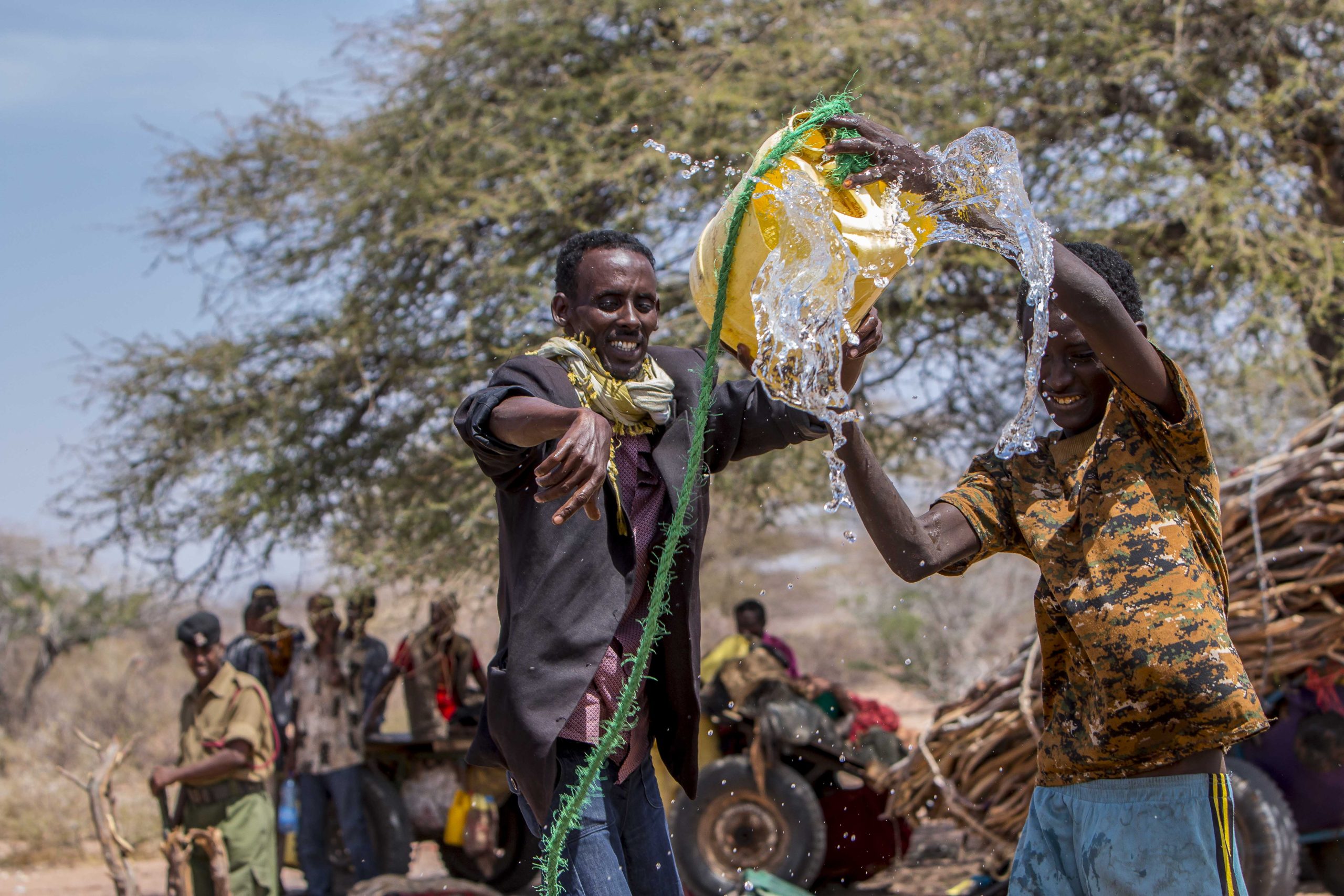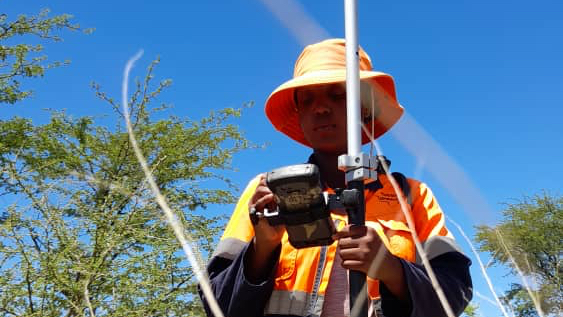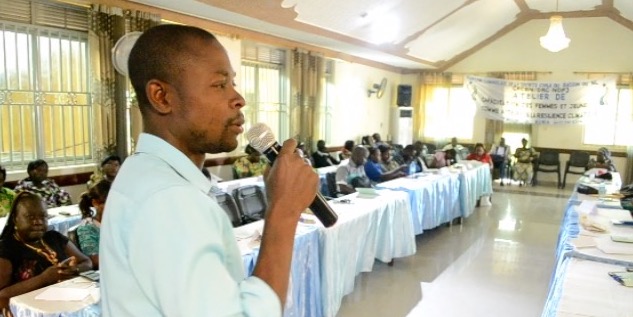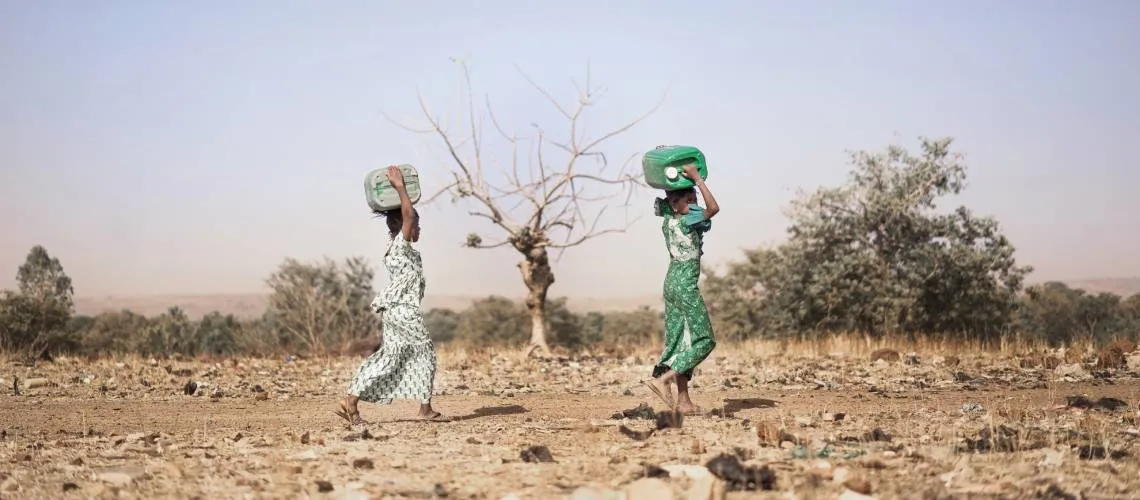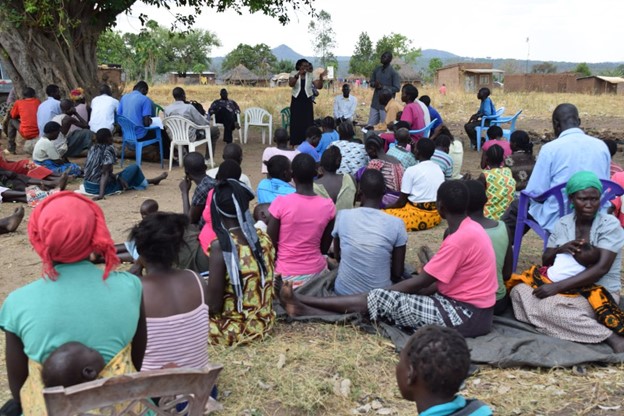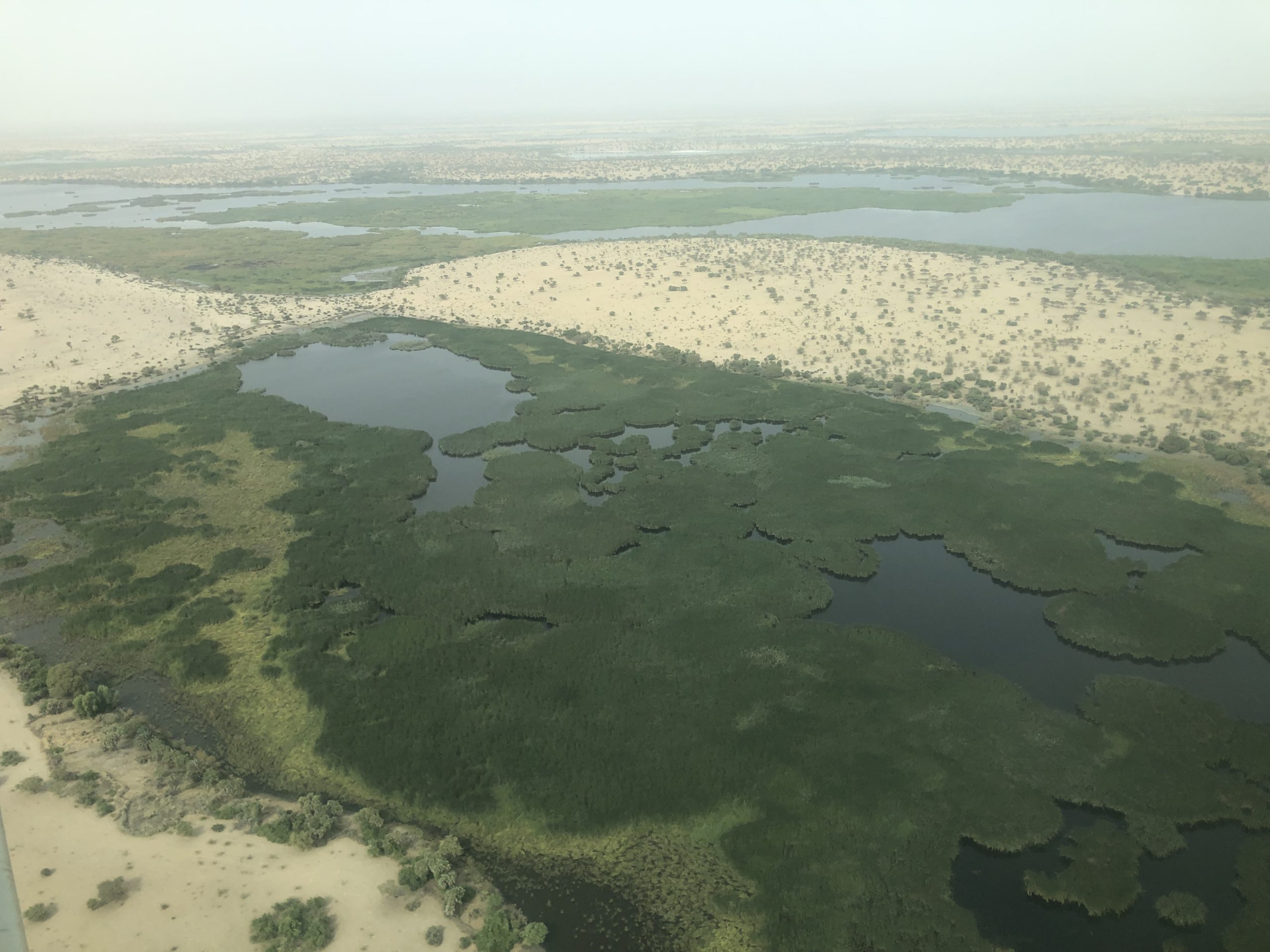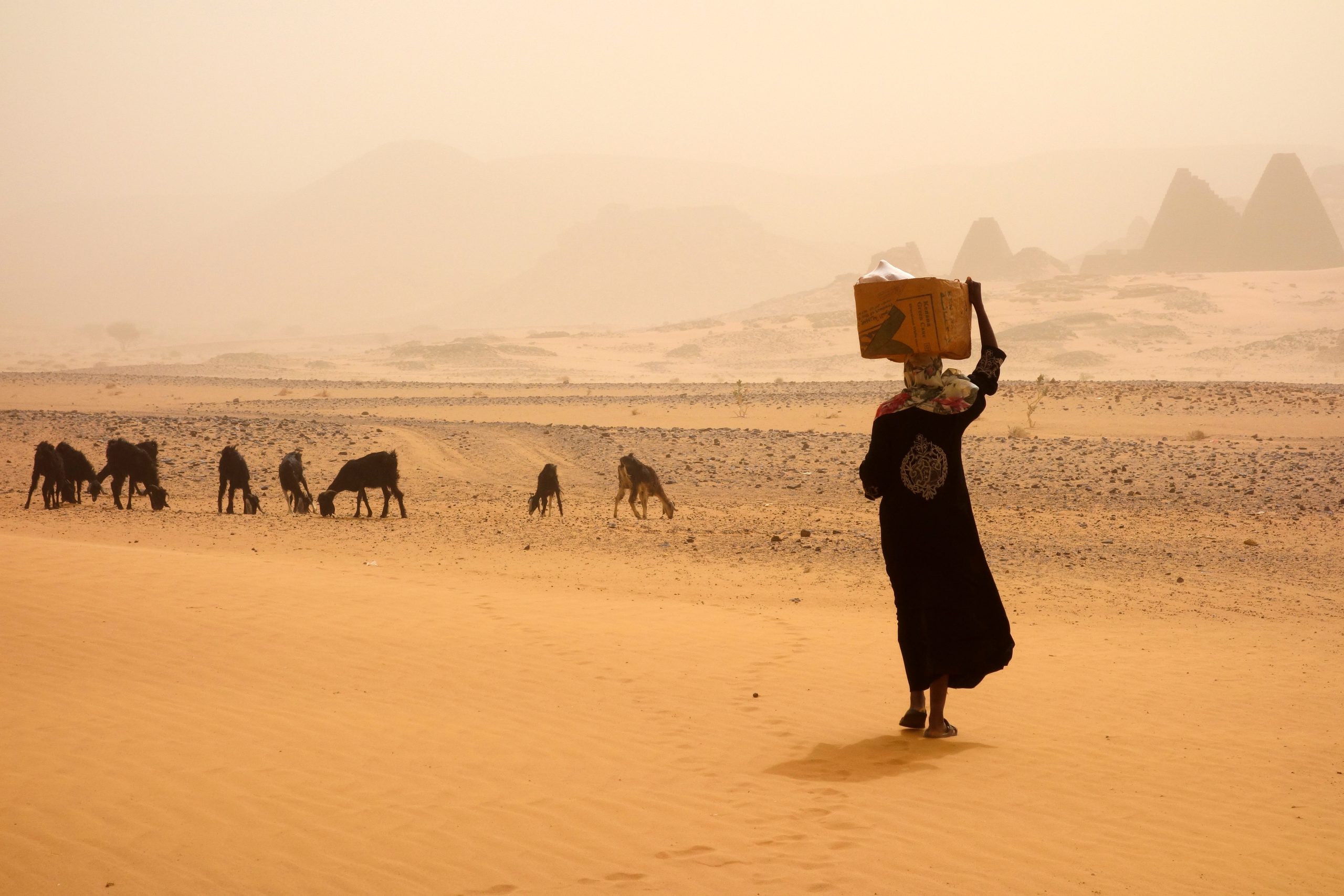Digging deep: Groundwater in the Horn of Africa’s fragile borderlands
Posted in : Blog on 21 March 2024
In the conflict-prone borderlands of Ethiopia, Kenya, Somalia, and South Sudan, The Horn of Africa Groundwater for Resilience Project is an ambitious operation to increase information on aquifers and the countries’ capacity to manage them and to develop water service delivery infrastructure to enhance drought resilience of vulnerable populations.
Matlhogonolo Mmese: An aspiring hydrogeologist in Botswana
Posted in : Blog on 5 February 2024
Thanks to work on transboundary aquifers, like the study led by Matlhogonolo Mmese, a better understanding of regional groundwater is possible. Read her story.
Innovation at at Time of Unprecedented Challenges: World Water Week 2023
Posted in : Videos on 21 September 2023
Every year, water experts, policymakers, and stakeholders meet in Stockholm to discuss topics such as water management, climate change, and sustainable development, aiming to accelerate action towards achieving water security and resilience. This year’s topic focused on innovation at a time of unprecedented challenges, aiming to rethink how we manage water.
CIWA launches Male Champions for Women’s Empowerment to transform gender inequalities in transboundary waters
Posted in : Blog on 22 August 2023
CIWA has launched the Male Champion for Women’s Empowerment to tackle gender inequalities in transboundary waters. By engaging men as key stakeholders, influencers, and decision makers, this initiative aims to create a positive space for women to participate equally. Let’s empower men to work towards gender equality and transform the water sector.
Sowing the seeds of change to solve the water crisis
Posted in : Blog on 19 August 2023
Investing in water supports people, the planet, and the economy—it is a critical accelerator for achieving the SDGs. Globally, investment needs for the water sector exceed $1.37 trillion and must increase six-fold from current levels to meet SDG 6 (clean water and sanitation for all) by 2030.
Advancing towards a more gender equal world in transboundary water management in Sub-Saharan Africa
Posted in : Blog on 8 March 2023
If we want to begin to tackle the deep-seated drivers of gender inequality so that women can operate in an environment where their voice and role are truly accepted, we need to be more ambitious.
A Transformative Approach for the Nile Basin: How CIWA Leaves its Mark
Posted in : Blog on 21 February 2023
The Cooperation in International Waters in Africa (CIWA), grew out of the progress made by the Nile Basin Trust Fund in water resources management and development in the Nile River Basin. Today, it is now working on a larger scale to enhance the region’s resilience to worsening climate change and water insecurity, elevating the voices of civil society in decisions about water resources, and providing opportunities for riparian dialogue and hydro-diplomacy.
Water Security Is the Way Out of the Conflict-Climate Risk Trap in Lake Chad Basin
Posted in : Blog on 11 January 2023
The Cooperation in International Waters in Africa (CIWA) is working to improve water resources management by identifying investments and policy actions, and addressing knowledge and capacity gaps. As such, it is conducting a Water Security Assessment in Lake Chad basin as the first step toward developing a transformative water security framework for addressing the region’s challenges.
THE NEXT GENERATION OF WATER PROFESSIONALS WORKING TOWARDS A NEW ERA OF COOPERATION
Posted in : Blog on 13 December 2022
Since 2011, as part of the Nile Basin Initiative (NBI) the Eastern Nile Technical Regional Office (ENTRO) in partnership with CIWA (Cooperation in International Waters in Africa) has run an internship program for the next generation of talented water professionals in the EN region. Read and listen to their story.
The Cooperation in International Waters in Africa releases its 2022 Annual Report
Posted in : Blog on 1 December 2022
The just-released Annual Report 2022 chronicles CIWA’s efforts to build Africa’s resilience, water security, and economic development in the 2022 fiscal year, which ended June 30, 2022.



